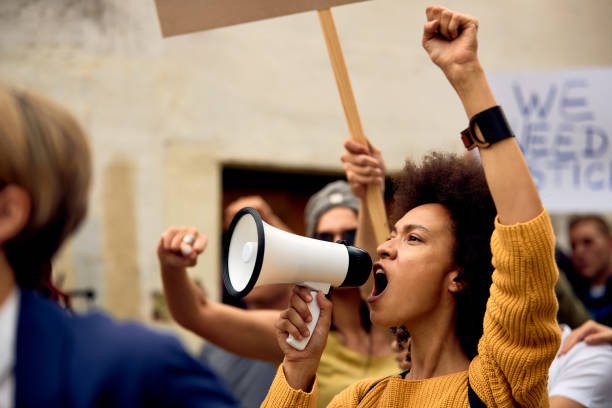Strategies that Responsible Citizens may use to Help Victims of Gender-based Violence
Skip to content
Skip to sidebar
Skip to footer
Strategies that Responsible Citizens may use to Help Victims of Gender-based Violence
Strategies that Responsible Citizens may use to Help Victims of Gender-based Violence


